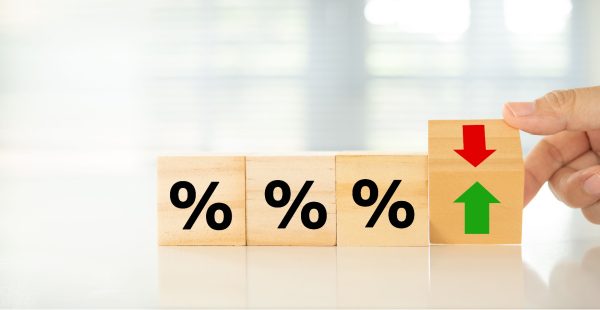Aviva expects temporary high inflation

The global asset management function of Aviva PLC, Aviva Investors, has signalled its expectation that the global economic recovery from the ongoing COVID-19 pandemic will temporarily slow in 2022, as new variants continue to wreak havoc worldwide.
In Aviva’s new House View 2022 Outlook document that compiles analysis from several investment teams, it highlighted how the inflation growth rate has topped expectations, presenting a challenge to central banks and impacting sentiment and behaviours.
However, the document also projected that the high levels of inflation will fall back meaningfully next year, as the global economic recovery rate remains hardy when compared to historical standards. Strong household and corporate balance sheets also support a post-COVID upturn and world GDP is expected to increase by more than six per cent this year and four per cent in 2022.
The document also said the normal downside risks due to the new COVID-19 variants will only temporarily defer growth over time instead of forcing permanent losses, as the downside risks to China’s growth are also set to have a global impact.
“We retain a moderate positive position on equities, funded by an underweight position in credit, since equities generally fare better than credit in the middle stages of the business cycle. The prospect of rising rates volatility also favours equity over credit,” Michael Grady, Head of Investment Strategy and Chief Economist at Aviva Investors, said.
“We maintain a negative stance on government bonds because of upside risks to inflation as well as the tightening bias from global central banks. Rate hikes could happen faster than markets currently believe and expected terminal rates look potentially under-priced.”
Aviva’s document also highlighted how the fading pandemic, strong growth and persistent inflation will lead to central banks tightening monetary policy slowly but steadily, as emergency policy protocols are no longer needed.
“Emerging markets are expected to under-perform developed markets in both currencies and equities,” Grady said.
“EM headwinds include modestly slower growth, monetary policy normalisation and the risk of higher real rates as well as the more idiosyncratic risks from politics and regulation.”












Nah, the AMP vertically intergrated model is effectively dead. It's a broad APL. It wouldn't come as any surprise that…
So let me get this right - Canberra spends an awful lot of time and effort focusing on consumer protection/compliance…
Just wind them up please so the rest of the financial planning industry can move forward without an albatross around…
Compare the pair.
I have clients who have been told to produce evidence they are with cbus or else they can't work on…